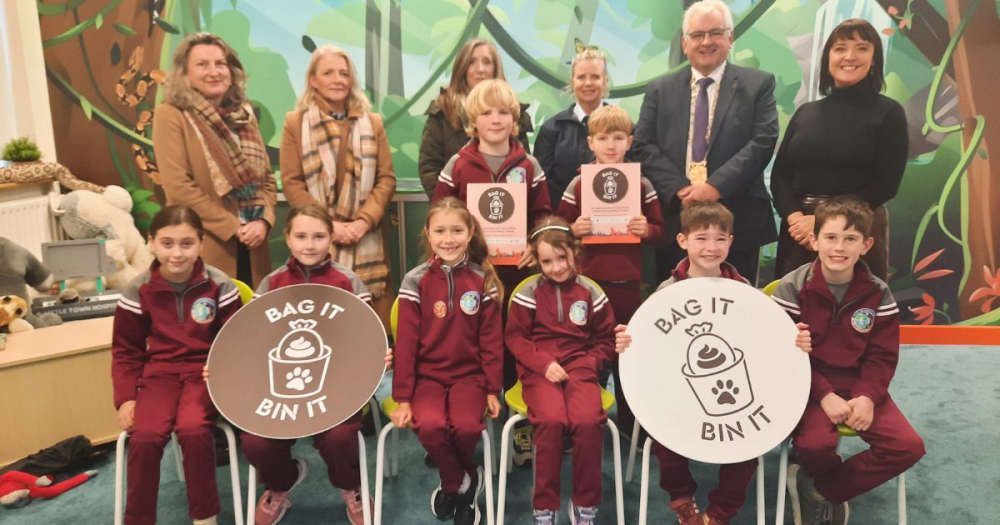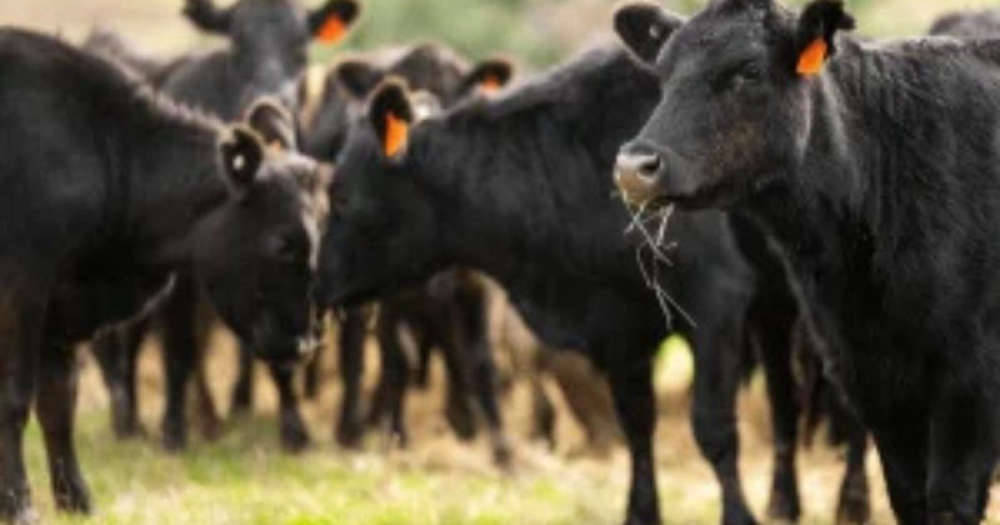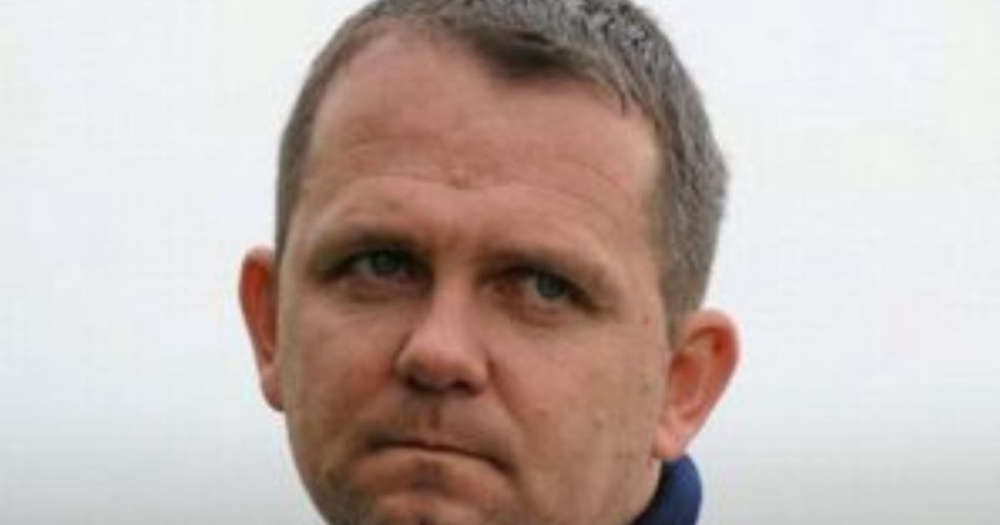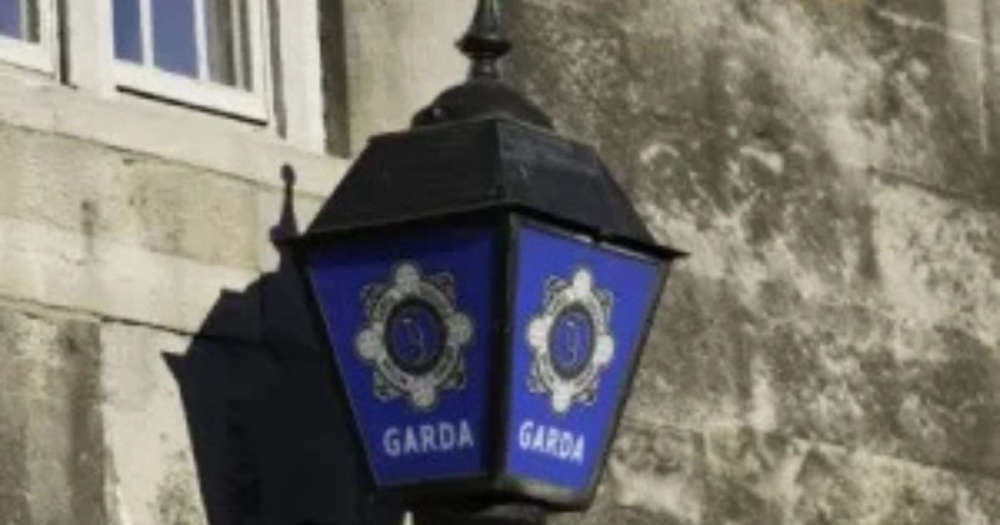Wexford County Council has decided not to nominate any extra candidates for the presidential election.
The roll call vote ended 18 to 14 against making an extra nomination. 13 hopeful candidates had accepted the council’s invitation to make pitches at the council meeting earlier today (Friday). The special meeting — convened to hear short presentations from independents and minor-party hopefuls seeking the four local-authority nominations needed to reach the Áras ballot — heard a range of personal appeals, policy pledges and occasionally tense exchanges before councillors rejected the idea of putting forward an additional nominee. Among those who spoke were Gareth Sheridan, Gearóid Duffy, Charlie Keddy, Seána Kerr, Lorna McCormack, Diarmuid Mulcahy, Sarah-Louise Mulligan, Paudie Ó Dúinnin, Walter Ryan Purcell, Caoimhín Ó Maolchalánn, Dr Cora Stack, Maria Steen and Gerben Uunk. Several presentations were delivered remotely; a number of speakers also experienced technical problems during the session. Notable moments: Charlie Keddy made his case as a vocal opponent of abortion, telling councillors he “wants to be just a figurehead, a figurehead only for the unborn.” Seána Kerr opened by setting a tone of principle, saying her campaign’s headline was “integrity over popularity,” and described a doctoral study she says informs her approach to family and social policy. Lorna McCormack, founder of the Wool in School initiative, appealed for “empathy and unity” in tackling housing and cost-of-living pressures, arguing the presidency should “stand among” people rather than above them. Diarmuid Mulcahy spoke from a community and farming background, saying the role should be a unifying voice and emphasising his experience in money advice, fisheries and community development. Sarah-Louise Mulligan centred her pitch on housing, entrepreneurship and free-speech themes. Dr Cora Stack framed her candidacy around “integrity and independence,” stating that as President she would be a "Guardian" of the constitution and a voice for vulnerable people. Gerben Uunk, representing the Animal Welfare perspective, repeatedly urged stronger protections for animals and argued the President can use the office’s platform to highlight compassion issues. Walter Ryan Purcell described a proactive vision for the Áras — saying he would be “a working president” and outlining a plan to use the Council of State to tackle housing and healthcare issues. There were also procedural and technical flashpoints. A number of remote participants were briefly inaudible or muted during their slots, and the campaign manager for Gareth Sheridan told the meeting that the candidate had been delayed at Carlow County Council and hoped to address Wexford later than anticipated. How the council voted: The roll call was taken after the presentations. The Cathaoirleach Joe Sullivan initially read an interim total, then accepted a correction from the county secretary: the final count on the record was 18 votes against and 14 in favour of making an extra nomination, meaning Wexford will not forward a candidate for the Áras. That outcome prompted sharp reaction in the chamber. Councillor Pat Barden told colleagues that the decision had effectively “wasted 13 people’s day coming down here making arguments,” while others defended the result as a legitimate exercise of the council’s discretion. Wider context: The meeting came amid a flurry of activity across local authorities as would-be candidates try to secure the four council nominations or 20 Oireachtas backers required to appear on the October ballot. Conor McGregor — who had previously indicated interest in an Áras run — stood down his campaign earlier this week. Separately, Maria Steen has recently secured the public backing of an Oireachtas member and is actively pursuing further nominations; while businessman Gareth Sheridan had reported earlier council support elsewhere as he seeks the four local authority endorsements required to reach the ballot. What happens next: With Wexford not putting forward a nominee, the dozen-plus independents and minor-party figures will press on with efforts elsewhere to reach the four-council threshold or to secure Oireachtas backers. The Presidential election remains scheduled for later this year, and councils around the country will continue to hold hearings and votes in the coming days.

 Wexford County Council Launches Anti-Dog Fouling Educational Resource Pack in Local Schools
Wexford County Council Launches Anti-Dog Fouling Educational Resource Pack in Local Schools
 Irish Farmers Journal’s Adam Woods and IFA’s Tom Doyle Discuss the Impact of the EU-Mercosur Deal
Irish Farmers Journal’s Adam Woods and IFA’s Tom Doyle Discuss the Impact of the EU-Mercosur Deal
 Davy Fitzgerald Reflects on Fond Memories as He Prepares for Antrim’s Visit to Wexford
Davy Fitzgerald Reflects on Fond Memories as He Prepares for Antrim’s Visit to Wexford
 Fraud Alert Issued as Impostors Posing as Council Staff Target Homes in Craanford and Gorey
Fraud Alert Issued as Impostors Posing as Council Staff Target Homes in Craanford and Gorey